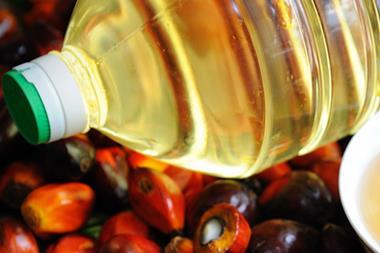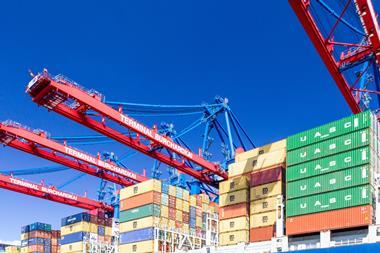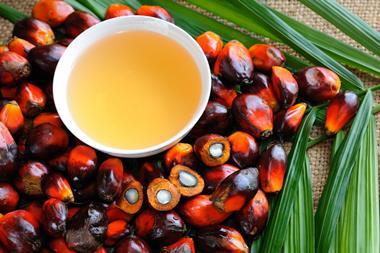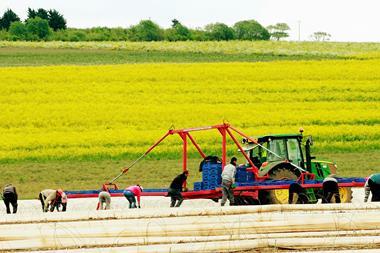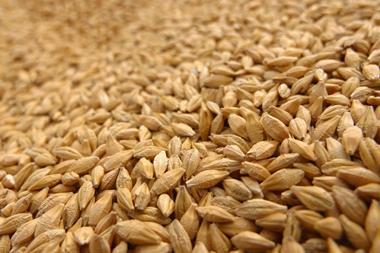
The global market for edible oils faced further disruption after a palm oil export ban announced last week by Indonesia, the world’s main supplier.
The prohibition, which kicked in on Thursday (28 April), came after a week of u-turns by the government in Jakarta, which announced a ban the previous week before saying the following Monday (25 April) it would allow exports of crude palm oil.
Two days later, however, the government said again all exports of palm, the world’s most widely used edible oil, would be halted, citing the need to ensure “abundant” cooking oil supplies ahead of the holiday marking the end of Ramadan.
While at first “no one was really sure what [the ban] meant, the market was kind of guessing”, by Wednesday the market was “in turmoil”, according to Kyle Holland, an analyst with Mintec, who said “spillover demand from limited palm oil supplies could lead to other oils getting more expensive”.
Gary Lewis, head of the UK’s National Edible Oil Distributors’ Association, said the edible oils market was “hyper-sensitive” to announcements of price rises or u-turns.
“US soya oil markets shot up, with the May 22 Chicago soyabean oil futures contract gaining $55.34/t on the day to close at a new contract high of $1935.64/t, AHDB said last week, discussing the ban’s immediate impact.
Before the ban was announced, industry experts said they expected restrictions to be temporary, citing insufficient local storage capacity for Indonesia’s titanic palm oil output, which exceeds even the domestic requirements of the vast archipelago’s roughly 270 million people.
Palm oil is one of resource-rich but historically protectionist Indonesia’s main exports. The ban could cost the government around £1.5bn a month in lost revenues, according to state-run Bank Mandiri, dropping another hint it would likely be short-lived.
The main palm oil industry body, known by its Bahasa Indonesia acronym Gapki, said the government should “immediately re-evaluate” the ban “if the impact is not positive”.
The ban was announced after months of soaring world food commodity prices, which reached a new high after the invasion of Ukraine, a leading grains source and the world’s biggest supplier of sunflower oil, by Russia, itself one of the world’s top energy and grains suppliers.
Prices of, and demand for, other oils such as rapeseed, olive, vegetable and palm have all soared in recent weeks, with UK supermarkets forced to ration availability to consumers after supply cuts were announced, and after Indonesia’s earlier limits on exports of palm oil.







